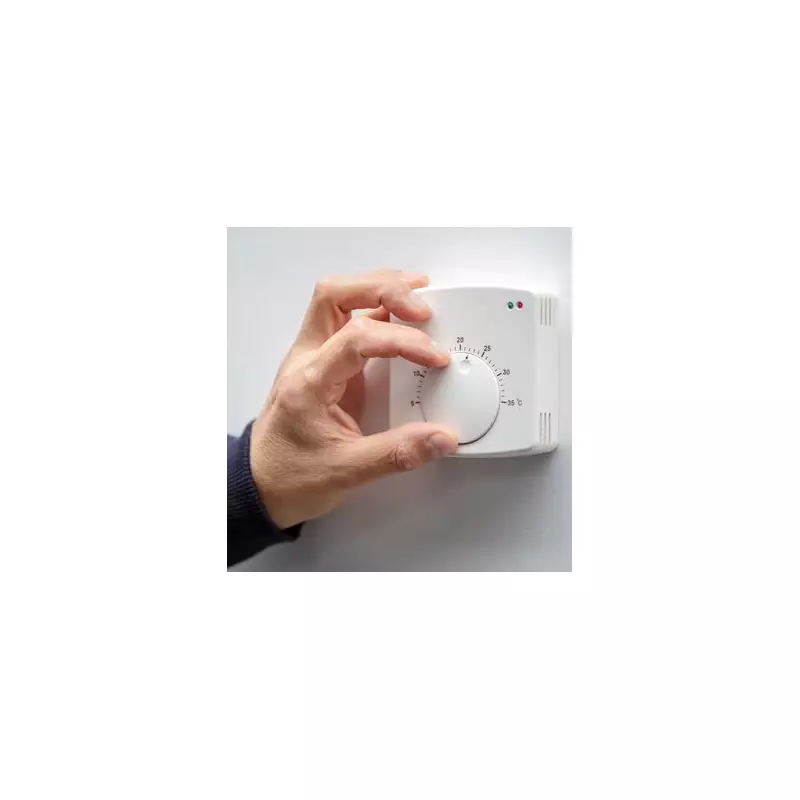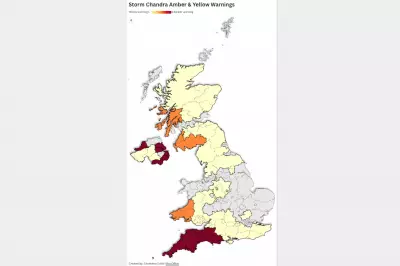
Millions of British homeowners are being urged to prepare for one of nature's most spectacular and unsettling phenomena: the annual invasion of flying ants. Experts warn that the perfect storm of warm temperatures and humid conditions could trigger the emergence of up to two billion ants across the nation in a matter of days.
The event, colloquially known as 'Flying Ant Day', is a crucial part of the ants' reproductive cycle. It typically occurs when a period of hot weather is followed by rainfall and high humidity, creating the ideal conditions for ant colonies to send out their winged breeders en masse.
When Will the Ant Swarm Hit?
According to the Natural History Museum, this year's main event is anticipated to occur imminently, with the peak expected throughout July and August. The precise timing varies across different regions of the UK, making it a prolonged event rather than a single calendar day.
"The flying ant phenomenon is a fascinating example of natural synchronisation," explain entomologists. "Colonies across the country somehow coordinate this mass emergence, which overwhel predators and gives the species the best possible chance of survival and establishing new colonies."
Why This Matters for Homeowners
While flying ants are generally harmless and do not pose a structural threat to properties, their sudden appearance in such vast numbers can be a significant nuisance. Homeowners can expect to see:
- Massive swarms around gardens, parks, and green spaces.
- Clusters of wings discarded on windowsills and patios after mating.
- Increased activity from other wildlife, particularly seagulls, who feast on the ants.
Despite the annoyance, these ants play a vital ecological role by aerating soil and providing a food source for birds.
How to Protect Your Home
To minimise the impact of the flying ant influx, pest control experts recommend a few simple steps:
- Keep windows and doors closed during the peak emergence periods, typically in the afternoons.
- Ensure fine mesh screens on windows are intact to prevent them from entering your home.
- Use a vacuum cleaner to remove any ants that do get inside, rather than insecticides.
- Be patient; the mating frenzy is usually over within 24-48 hours in any given location.
This annual event serves as a powerful reminder of the incredible rhythms of the natural world, even in our urban environments. While a temporary inconvenience, the flying ant spectacle is a brief and ultimately harmless wonder of British summertime.





